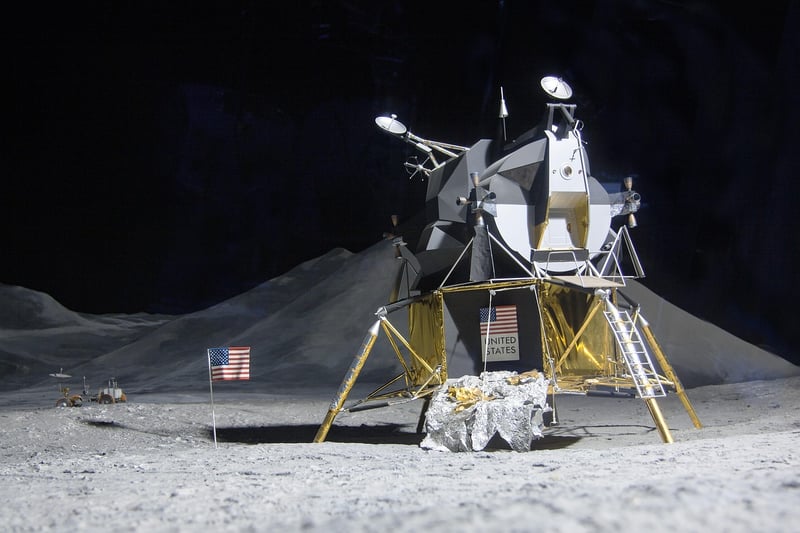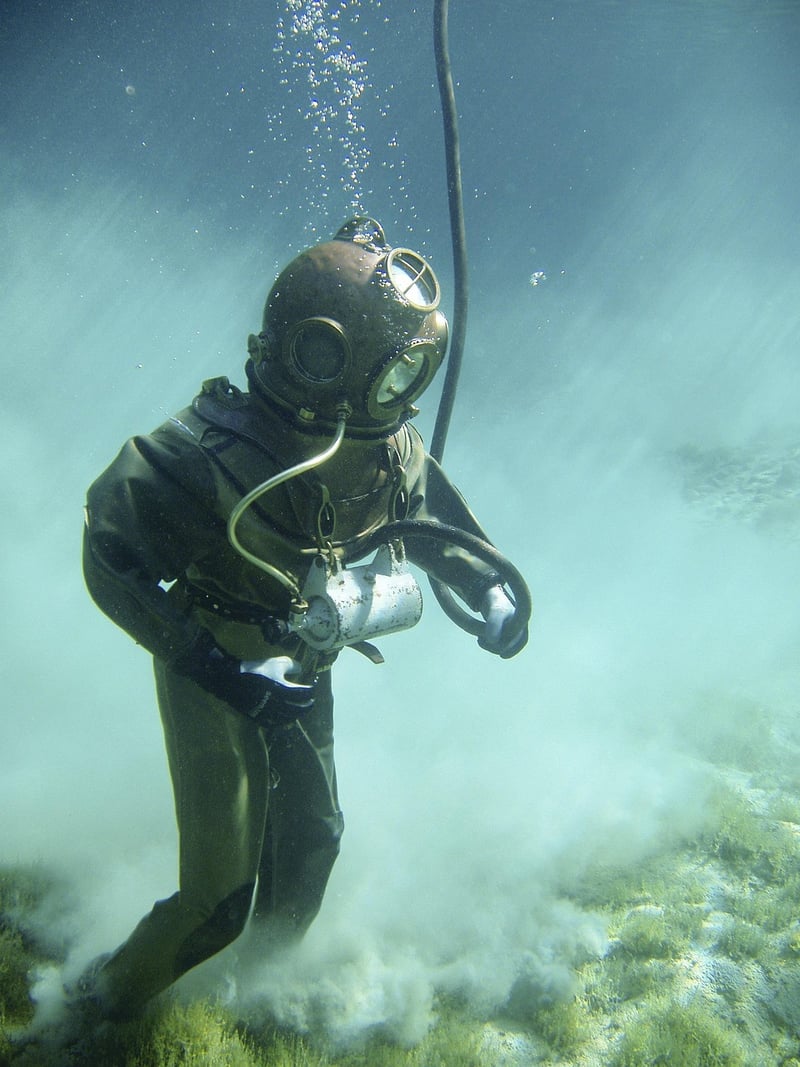Future Exploration
The Evolution of Exploration: From the Past to the Future
1. Age of Discovery (15th - 17th centuries)
The Age of Discovery was a period of extensive exploration triggered by advancements in navigation and shipbuilding. Explorers like Christopher Columbus, Vasco da Gama, and Ferdinand Magellan set sail to discover new lands, trade routes, and cultures.

2. Age of Enlightenment (18th century)
The Age of Enlightenment saw a shift towards exploration driven by scientific curiosity and intellectual pursuit. Explorers like James Cook embarked on voyages to study natural phenomena and map uncharted territories.

3. Space Age (20th century)
The Space Age marked a new era of exploration as humanity reached beyond Earth's boundaries. Milestones like the Moon landing and Mars rovers exemplify our quest to understand the cosmos and our place within it.

4. Future Exploration
The future of exploration holds exciting possibilities with advancements in technology. From space tourism to deep-sea exploration, humans are poised to delve into new frontiers like never before.
- Space Tourism: Companies like SpaceX and Blue Origin are working towards making space travel accessible to civilians.
- Deep-Sea Exploration: Submersibles equipped with cutting-edge technology are uncovering the mysteries of the ocean's depths.
- Exoplanet Exploration: Scientists are searching for habitable exoplanets beyond our solar system in the quest for extraterrestrial life.

Exploration has always been a driving force for human progress, and as we look towards the future, the spirit of discovery continues to inspire us to push the boundaries of what is possible.
Join us on this incredible journey of exploration as we chart new territories, both on Earth and beyond!
